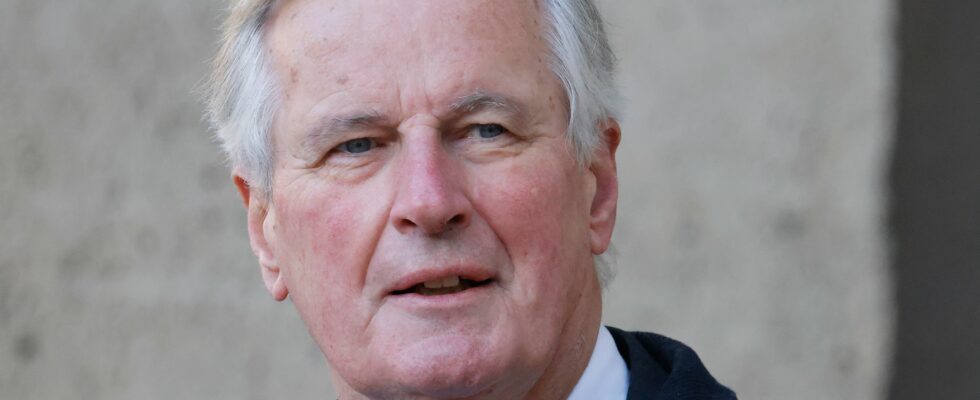After 51 days without a fully functioning government, France finally has its new Prime Minister. Former Chirac and Sarkozy minister Michel Barnier was appointed to Matignon on Thursday, September 5 by Emmanuel Macron, after endless negotiations that saw a plethora of names tested, abandoned, and then brought back to the forefront.
In the press release published by the Elysée, the head of state asks Michel Barnier to “form a government of unity in the service of the country”. Emmanuel Macron says he has “ensured” that it meets the conditions of stability and the broadest possible unity at the end of an “unprecedented cycle of consultations”.
Aged 73, Michel Barnier has extensive political experience, one of the criteria clearly sought by the head of state in his quest for a name for Matignon. Elected as a member of parliament for Savoie for the first time in 1978, he held his first ministerial portfolio in 1993, in the Environment. Then three more times under the presidencies of Jacques Chirac and Nicolas Sarkozy, in European Affairs, Foreign Affairs, then Agriculture and Fisheries. Michel Barnier was also twice European Commissioner, and finally between 2016 and 2021 negotiator of Great Britain’s exit from the EU, Brexit.
He also briefly reappeared in French political life in 2021 by running as a candidate in the primary of his party, Les Républicains (LR), for the 2022 presidential election. His program included a “moratorium” on immigration, but the latter failed to qualify for the second round, beaten by Eric Ciotti and the eventual winner Valérie Pécresse.
A dinner with Macron this Wednesday
Already mentioned in July, the hypothesis of an announcement of Michel Barnier’s nomination had started to circulate very seriously again on Wednesday evening after the Bernard Cazeneuve and Xavier Bertrand leads were abandoned. An executive advisor had detailed to AFP the many qualities of the former candidate for the 2021 LR primary: he is “Macron-compatible”, he allows LR to participate in a government coalition, he would not be censored immediately and will not be a candidate in 2027, according to him.
While the Élysée refused to confirm or deny that he had been received this Wednesday by Emmanuel Macron, The Parisian claimed that the former Brexit negotiator for the EU had indeed dined at the Élysée last night in preparation for his appointment to Matignon. According to a resigning minister to AFP, Michel Barnier would have the advantage of being “very popular with right-wing MPs without being an irritant on the left”. Even if the president of the PS group in the Assembly Boris Vallaud recalled this Thursday morning that “the right-wing opposition will be subject to a sanction because it will be to implement a right-wing policy”.
In a press release, the new Popular Front and its candidate for Matignon, Lucie Castets, criticized the fact that by turning to the right, the President of the Republic “is entering into a tacit agreement with the extreme right”, which according to him would amount to “a total negation of the legislative elections” which placed the NFP in the lead and “massively rejected the National Rally coming to power”.
Questioned this Thursday morning on this track, the National Rally, which has increased its pressure on the president in recent days, did not directly promise censure to Michel Barnier as they had done for Xavier Bertrand. “We will judge on the evidence,” assured its vice president Sébastien Chenu, recalling that the introduction of proportional representation in the legislative elections was part of the conditions set by the far-right party but that the former Brexit negotiator “comes from a family, Les Républicains, which is very hostile to proportional representation.” The absence of immediate censure was, however, much less evident from another RN MP, Jean-Philippe Tanguy, who reduced the former minister of Jacques Chirac and Nicolas Sarkozy, aged 73, to a “fossil.” The tone is set.
